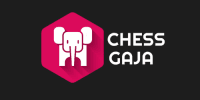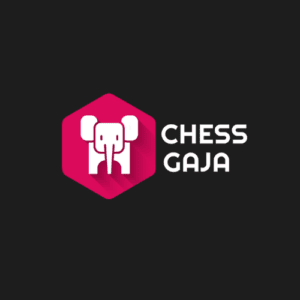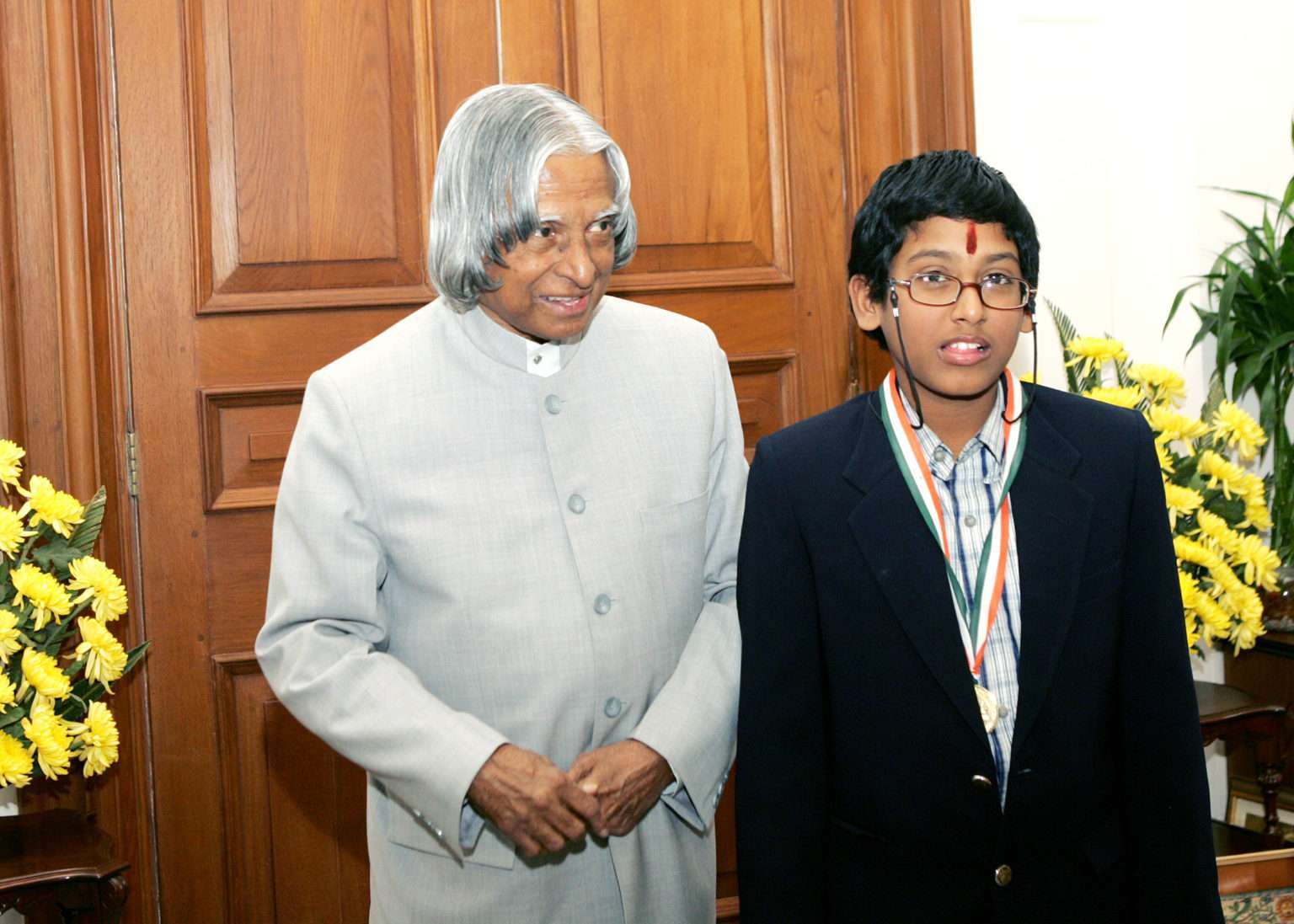Chess, a game of intellect and strategy, has been captivating players worldwide for centuries. Whether you are a beginner or a seasoned player, the desire to improve your game is a natural inclination. With advancements in technology and the ever-evolving understanding of the game, the notion of traditional versus modern coaching approaches has come into question. In this article, we will explore how these approaches have evolved over time and provide valuable tips for chess enthusiasts looking to enhance their skills.
Understanding Traditional Coaching Approaches
Traditional coaching approaches in chess have their roots in classical teaching methods. These methods often emphasize studying classic games, analyzing positional concepts, and developing a solid foundation in basic tactics. Traditionally, chess coaches have relied on their experience and knowledge to instruct their students, providing guidance based on established principles and strategies.
While traditional coaching approaches have their merits, they can sometimes be rigid and fail to account for the dynamic nature of the game. Chess, like any other sport or intellectual pursuit, is constantly evolving, with new strategies and techniques emerging regularly. As such, it is crucial for players and coaches alike to adapt their approaches to keep up with the ever-changing landscape.
The Rise of Modern Coaching Approaches
Modern coaching approaches in chess encompass a broad range of strategies, incorporating contemporary teaching methods and leveraging technological advancements. These approaches recognize the importance of staying updated with the latest developments in the game and encourage players to think creatively and adapt their thinking to different positions and situations.
One of the key features of modern coaching approaches is the use of chess software and online resources. With the proliferation of online platforms, players now have access to an abundance of learning materials, including tutorials, databases, and interactive training exercises. These resources enable players to study at their own pace, analyze their games with powerful engines, and connect with a global community of chess enthusiasts.
Moreover, modern coaching approaches emphasize the study of contemporary games played by elite players. By examining the strategies employed by top grandmasters, players can gain insights into the latest trends and develop a more nuanced understanding of the game. Additionally, modern coaching often encourages active participation in tournaments and online competitions to test one’s understanding and skills against a diverse range of opponents.
Finding the Right Approach for You
When it comes to choosing between traditional and modern coaching approaches, there is no one-size-fits-all solution. The most effective approach will depend on your individual learning style, goals, and availability of resources. However, there are certain principles and techniques that can benefit players of all levels.
- Build a Strong Foundation: Regardless of the coaching approach you choose, it is important to develop a solid foundation in basic chess principles. Understanding the value of each piece, studying common opening strategies, and practicing tactical puzzles are essential building blocks for improving your game.
- Embrace Technology: Technology has undoubtedly revolutionized the way we learn and play chess. Utilize chess software and online platforms to enhance your understanding, analyze your games, and connect with fellow enthusiasts. Leverage the power of artificial intelligence engines to identify your weaknesses and areas for improvement.
- Study Classic Games: While modern games offer valuable insights into current trends, studying classic games played by chess legends can provide a timeless understanding of strategic principles. Analyze games played by world champions like Bobby Fischer, Anatoly Karpov, and Garry Kasparov to develop a deeper appreciation for positional play and long-term planning.
- Continuous Learning: Chess is a never-ending journey of growth and improvement. Stay curious and keep learning from various sources such as books, videos, online tutorials, and engaging with other players. Explore different styles of play, experiment with new strategies, and be open to challenging your existing beliefs.
- Seek Guidance: Whether you opt for a traditional or modern coaching approach, seeking guidance from an experienced coach or mentor can greatly accelerate your progress. A knowledgeable coach can provide personalized insights, identify your weaknesses, and offer tailored training plans to address specific areas of improvement.
Conclusion
The line between traditional and modern coaching approaches in chess is becoming increasingly blurred, as more players embrace the advantages offered by technology and contemporary teaching methods. Rather than viewing these approaches as opposing forces, it is essential to recognize their complementary nature. Incorporating elements from both approaches can provide a well-rounded learning experience and help players develop a comprehensive understanding of the game.
Ultimately, the key to improving your chess game lies in dedication, self-reflection, and a willingness to adapt. By drawing inspiration from both traditional and modern coaching approaches, chess enthusiasts can unlock their full potential and embark on an enriching journey of intellectual growth and mastery.









